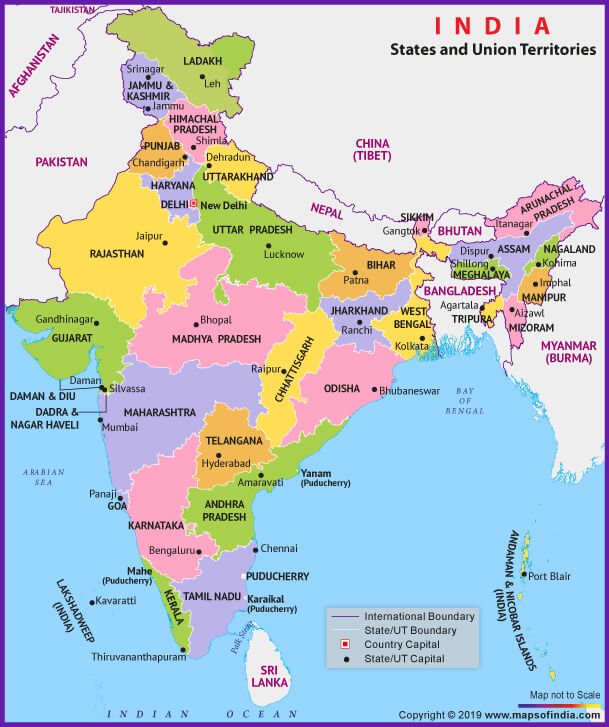Sardar Patel: Indian hero.
Dabhi Siddharth
About sardar Vallabhbhai Patel
Sardar Vallabhbhai Patel (1875-1950) was an Indian freedom fighter, lawyer, and politician who played a significant role in India's struggle for independence from British colonial rule. He was born in Gujarat, India, and studied law in England before returning to India to practice law.
Patel was a key figure in the Indian National Congress and served as the first Deputy Prime Minister and Home Minister of independent India. He was instrumental in the integration of princely states into the Indian Union, earning him the nickname "Iron Man of India." His leadership and diplomacy helped to bring about the unification of more than 500 princely states into the newly independent India.
Patel was a champion of democracy, secularism, and social justice. He worked tirelessly to improve the lives of India's farmers and laborers and was a strong advocate for women's rights. He was also a proponent of non-violent resistance and worked closely with Mahatma Gandhi in the Indian independence movement.
Patel is widely regarded as one of the most important and influential leaders in Indian history. He is revered as a hero and his contributions to India's struggle for independence and nation-building continue to inspire people in India and around the world.
Dabhi Siddharth
About the india
India is a country located in South Asia, bordered by Pakistan to the west, China and Nepal to the north, Bhutan to the northeast, Bangladesh and Myanmar to the east, and the Indian Ocean to the south. It is the second most populous country in the world with a population of over 1.3 billion people, and it is the seventh-largest country by land area.
India has a rich history and diverse culture, with many different languages, religions, and traditions. The country has a parliamentary democratic system of government, with a President serving as the head of state and a Prime Minister as the head of government. India is also a federal republic, with power divided between the central government and the states.
India is known for its contributions to science, art, and literature throughout history. It has a growing economy, with a mix of traditional industries such as agriculture and textiles, and modern industries such as information technology and pharmaceuticals. The country has made significant progress in areas such as education, healthcare, and poverty reduction, but still faces challenges in areas such as income inequality, corruption, and environmental sustainability.
India is also home to several iconic landmarks, including the Taj Mahal, one of the Seven Wonders of the World, and the ancient city of Varanasi, considered to be one of the oldest continuously inhabited cities in the world. The country is also famous for its cuisine, which varies widely depending on the region and includes dishes such as curry, biryani, and dosa.

